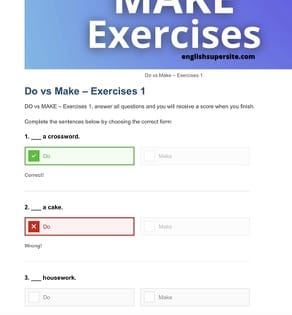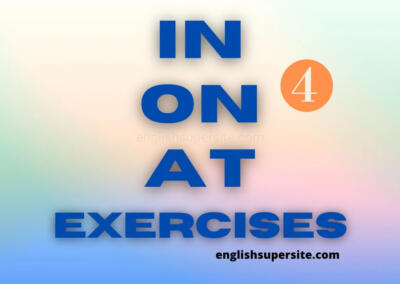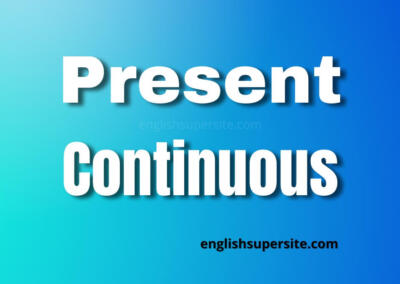
Do you really want to speak English?
We can learn through many paths. There are several approaches and techniques to language acquisition, both in your mother language and a foreign language. Is there, however, a better way to learn a language quickly, naturally, and organically? With so many schools, courses, and possibilities on the internet, what is the best way to learn the English Language?
Learning a new language is not easy at all, it requires dedication, time, money, motivation, and a problem. A problem? Yes… a problem!!!
Problem
When an adult decides to learn a new language, this person usually wants to solve a problem and it is the direct need of that individual that can lead to success or failure. The problem may be related to several internal motivations, unfortunately, most adults try to deal with the frustration of having tried several times and end up failing, and they miss out on opportunities in the corporate world.
Have you ever seen yourself in that kind of situation? How many of you have studied English and when you need to use the language for something, in a work meeting for example, you feel lost and cannot express what you really want? This ends up preventing a promotion, an expatriation, or an opportunity abroad, as companies cannot wait for their employee’s learning curve.
Comfort zone
This feeling is the first step in breaking out of your comfort zone and pursuing what the market considers to be a must-have skill, fluency in the English Language.
If we know our difficulties and limitations, why do we always want miraculous methods? It is understood that the less contact with the skill you intend to acquire, the greater the tendency to believe in these quick processes. The less we understand how a skill works, the greater, paradoxically, our tendency to believe in miraculous methods. Ellis (2000), says that time, motivation, age, and other factors present in our daily lives can affect our learning of a second language.
Regardless of the method and your motivation, learning English is more than memorizing grammatical rules. Learning a new language is thinking, articulating, expressing yourself, and knowing how to deal with different everyday situations.
One of the first steps is listening, to be exposed to a second language is extremely necessary for linguistic learning. Furthermore, we must never forget that learning is cyclical, as grammatical rules do not guarantee fluency and according to Wilkins (1976), the lack of use of the language will make it fall into oblivion.
The process
When we think about this topic, apart from miraculous methods, you need to choose something that you can insert into your daily life/routine so that it becomes a habit and that habit, practiced with great discipline, can be a stepping stone for each stage of your learning.
Insert into your routine, because this is in constant “conflict” with other tasks, such as cleaning the house, cooking, taking the dog for a walk, playing with the children, going to the market, relaxing, leisure, and sleeping, there are so many of our daily excuses to be able to comfort ourselves with what we did not do.
Facing this complex process, some people prefer to study English abroad, which is directly related to time and investment. However when they go back to their countries, never forget what Ellis said, if you do not use it, it will easily fall into oblivion. In other words, if you don’t use it, you lose it!
Other people prefer methods that are more classic and traditional, classes given by a teacher, syllabus contents, and students with the same level of learning. In that choice, the first disappointment is the level test you need to take. How many times have you felt frustrated with this? Always Level Intermediate… Intermediate!
In addition to that, entering a room and not identifying yourself with the audience (age) that will be part of your difficult journey. Of course, the market has changed and created schools that focus on speech and on a more corporate process, and depending on your level of English, you can remain silent for several classes and leave thinking that this is not for you. A private English teacher is a possibility, but it can also be a trap, the range of options is so wide, and we just want to get rid of the problem and with that, we don’t look for it right, we do it for the financial value, lower of course, and it also demonstrates indirectly how much effort we are willing to put.
Incredible Journey
What we must understand is that regardless of the process, choose the one that is aligned with your profile, and your goal, the class is just one part of the process and maybe it is not even the main one initially. What will certainly lead you to fluency is your dedication, and your awareness of the importance of this process, which will make you go from a non-speaker to a listener, to a shy speaker still with many mistakes, to a speaker of the new foreign language, which in this case is English.
This way, respect the phases, respect yourself, and find pleasurable activities that can be fun like watching movies, listening to music, reading a delightful book on a subject that interests you, and websites that bring complementary exercises and quizzes, grammar, language expressions; in short, look for facilitators. When English ceases to be an obstacle and becomes a stepping stone in your life, you will see that the effort is always worth it.
So, what are you waiting for to start this incredible journey? Enjoy English Super Site, and leave suggestions, we are working to help you in this amazing process to finally achieve English fluency!
Words to remember:
Path: a way, course, or direction in which a person or thing can move or is moving.
Expatriation: a person who lives outside their native country.
Oblivion: being unaware or unconscious of what is happening around.
Stepping stone: stones placed to allow pedestrians to cross a watercourse.
Syllabus: the subjects in a course of study or teaching.
Delightful: causing delight; charming.
Study Also:
Abbreviations Adjectives Adverbs Articles Career Comparative Confusing Words Conjunctions Exercises Future Continuous Future Perfect Future Perfect Continuous Grammar Interjections Irregular Verbs Learn English Linking Words Listening Exercises Mistakes Nouns Past Continuous Past Perfect Past Perfect Continuous Plural Prepositions Present Continuous Present Perfect Present Perfect Continuous Pronouns Pronunciation Question Tags Quiz Quotes Reading Simple Future Simple Past Simple Present Spelling Strategies Superlative Tests Transition Words Verbs Verb Tenses Vocabulary
Share with your friends!









